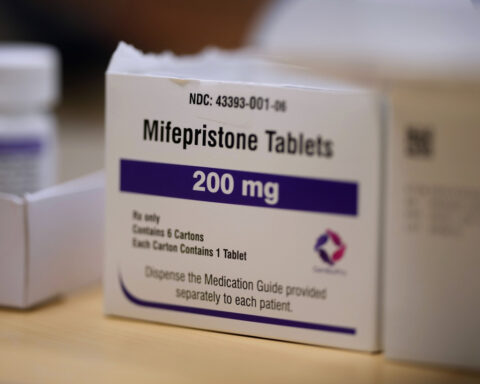Feeling down when young may mess with your memory later, a new study suggests. According to research just published in Neurology, experiencing depressive symptoms in your youth could impact your thinking and recall abilities by the time you reach middle age.
Scientists followed over 3,000 individuals for 20 years, having them fill out a questionnaire every 5 years about issues like changes in appetite, sleep problems, lack of concentration, and feelings of sadness or low self-worth. According to the New York Post, the participants were placed into four categories based on how their symptoms evolved: consistently low, decreasing medium, constant medium, or increasing high.
When participants reached around age 55, they were given cognitive tests scoring from 0 to 133, with lower scores indicating worse thinking and memory skills. Those with persistently high or increasing depressive symptoms had significantly lower average scores compared to the low-symptom group: 57 for the high group versus 73 for the low group.
"Our results suggest that...these symptoms may lead to worse repercussions on thinking and memory as early as middle age," said study author Leslie Grasset of the University of Bordeaux in France to the outlet.
The findings revealed racial disparities as well. Black adults reported more frequent depressive symptoms, and those in the three higher symptom groups showed particularly poor verbal memory, processing speed, and executive function in the cognitive tests compared to Blacks with few symptoms.
"This may help explain some of the disparities in dementia risk at older ages," Grasset noted, referring to the heightened Alzheimer's risk for Black Americans.
Among white participants, the high-symptom group also scored worse than the low group on verbal memory and processing speed, though not as severely impaired as Blacks in the high group.
A limitation is that the study relied on participants self-reporting depressive symptoms rather than clinical diagnoses. While relying on self-reports of symptoms instead of clinical diagnoses is a limitation, the large number of people tracked over such a long period builds a strong case for a connection between early depression and later cognitive issues.
A sobering 6 million Americans currently have Alzheimer's disease or related dementias, per Centers for Disease Control and Prevention data. With prevalence expected to spike in the years ahead, these findings underscore how vital it is to identify depression promptly and ensure those at high risk get the care they require.
Yes, factors like advanced age and genetics raise a person's odds of developing dementia, but this research suggests depression could be a risk factor we can modify through proper treatment and management of the condition. Addressing mental health issues proactively in young adults could help prevent or delay associated memory problems down the road.

 Congress is looking to ban Chinese drones that are widely used in US. What to know about the debate
Congress is looking to ban Chinese drones that are widely used in US. What to know about the debate
 Mickey, Minnie, Goofy and Wemby: Spurs-Knicks Christmas game is also an animated one at Disney World
Mickey, Minnie, Goofy and Wemby: Spurs-Knicks Christmas game is also an animated one at Disney World
 How faith communities can be welcoming of believers with disabilities this holiday season and beyond
How faith communities can be welcoming of believers with disabilities this holiday season and beyond
 Switzerland adopts more EU sanctions on Russia and Belarus
Switzerland adopts more EU sanctions on Russia and Belarus
 Moody's raises Sri Lanka's rating after debt overhaul approval
Moody's raises Sri Lanka's rating after debt overhaul approval
 Russia calls gas sales to Europe 'complicated' as deal with Ukraine nears expiry
Russia calls gas sales to Europe 'complicated' as deal with Ukraine nears expiry
 A Maui program kept Lahaina families together by paying households to take in fire survivors
A Maui program kept Lahaina families together by paying households to take in fire survivors
 On Football: Falcons and Buccaneers flip spots atop the NFC South and playoff races tighten up
On Football: Falcons and Buccaneers flip spots atop the NFC South and playoff races tighten up
 Prosus to buy Latin American online travel agency Despegar.com for $1.7 billion
Prosus to buy Latin American online travel agency Despegar.com for $1.7 billion








